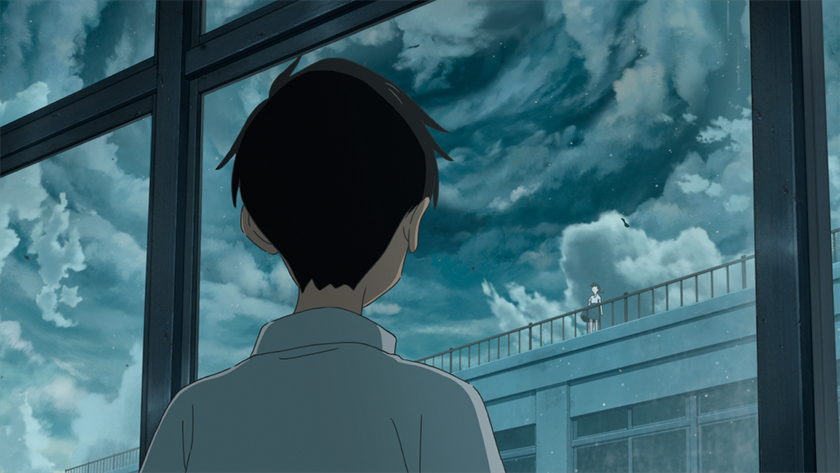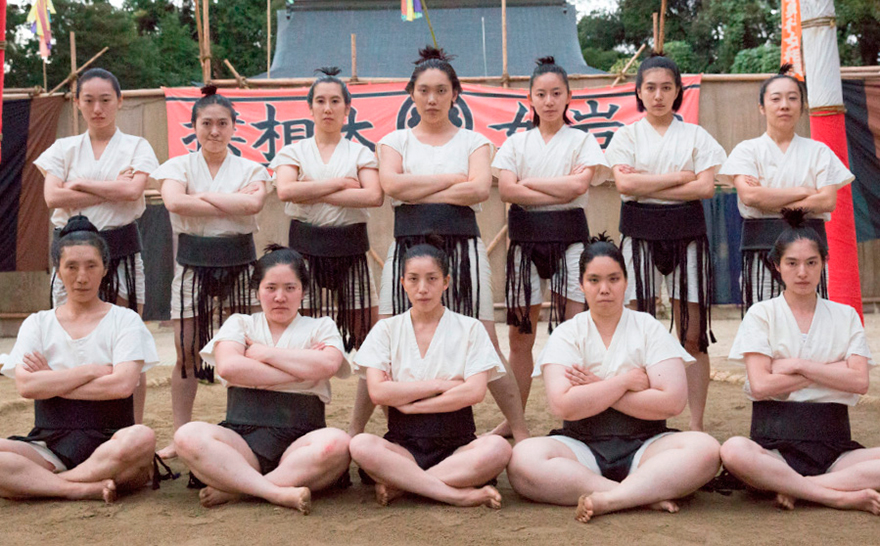Typhoon Noruda
One of 2016’s buzzwords was Your Name, the animated feature by likely the most recognized independent animation director, Shinkai Makoto. However, a year prior, there was animated feature made by another small animation house called, Colorido. Typhoon Noruda employs techniques similar to Shinkai Makoto, but there is a more youthful and innocent (for lack of a better term) air to the palette and character design. While it can be argued Shinkai’s works are driven by esoteric, adult themes, the works by Colorido are high-concept, yet more straightforward adventures in childhood and/or adolescence. Set on an unspecific outlying island, *Typhoon Noruda*, tells the tale of Azuma and Saijo, two friends since youth bound by their love of baseball. Their relationship is strained when Azuma decides to quit playing. Then Azuma comes upon a strange girl, Noruda, who appears out of nowhere. “When the whirlwind on the ground, the maelstrom in the sky and I are linked as one, this world will be reborn…” At this time, the largest typhoon in recorded history is bearing down on …




